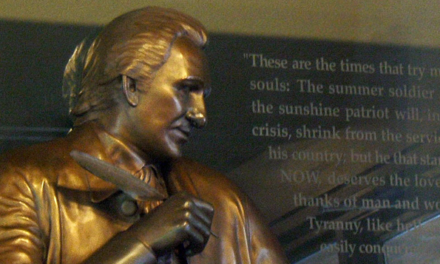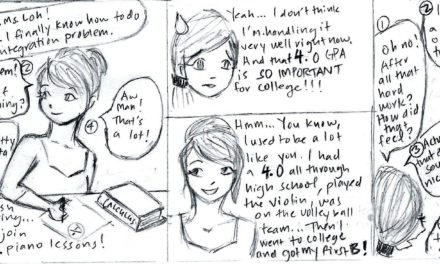I’ve spent the past few days thinking about the Internet. More specifically, I’ve been thinking about the development of the Internet. I met a fellow at a social event this past weekend who was offering his thoughts on the matter. I will be picking up his ideas in the hopes of spreading them further.
His argument was a statement of how the Internet is perceived by many as a purely organic entity, when it is actually a highly-manipulated social environment. The Internet appears to us as a wild frontier, an Old West settlement where anything can happen, good or bad.
But the reality of the Internet is more corporate. The majority of the Internet’s major work is done through social media websites like Facebook, YouTube, Twitter or blogs that (almost always) include some social element, either through comment systems or community sub-blogs.
Through these social structures, content is communicated to others. And the structures that allow for this, the ‘work’ of the Internet for the majority of people, are provided by companies. Companies that are bound by laws. Problems we have with the Internet and content access are as likely to be problems we have with our laws as with those companies, if not more so. What has appeared to be a Wild West town is a Wild West theme park with broad borders. But borders all the same.
Which is not to argue against those borders. But they have to be acknowledged before we continue.
I feel confident in saying that the Internet is not a passing fad (much to the distress of print journalism).
Like writing or the use of automotive technology, the Internet is going to be a technology that will stick with us (until something better occurs) and will affect the development of society for the remainder of our society’s existence.
It will grow with us, and we will grow with it. It’s a weird thing to think of, but I imagine Gutenberg’s peers felt similarly. We are around when something capital-B Big is developing; our presence is happenstance.
So, what? We just need to start thinking about the Internet more actively.
The first time I saw that happen was last winter’s outcry of dissent against the Stop Online Piracy Act. It was a good first go. But the discussion about the Internet needs to continue happening. It’s occurring in some parts of academia, and it’s happening in some blogs and forums. But, funnily enough, the discussion is going to have to extend beyond just the Internet and occur on multiple levels of society.
The Internet is a corporate structure? Well, what does that mean, and what is it going to mean? The Internet is transnational and insubstantial?
Then how do laws get enforced? Nationally? Internationally? Do we leave it to Internet mobs to run the thing?
And what are we going to do when something doesn’t work?
These are questions that will need to be answered from our side of history and with some immediacy, if we want to avoid having a generation of older lawmakers who don’t appreciate the Internet decide on the answers.
Whatever may come of it, I tip my hat to the party-goer who got this conversation started.
Rhett Henry is a College sophomore from Lawrenceville, Ga.
The Emory Wheel was founded in 1919 and is currently the only independent, student-run newspaper of Emory University. The Wheel publishes weekly on Wednesdays during the academic year, except during University holidays and scheduled publication intermissions.
The Wheel is financially and editorially independent from the University. All of its content is generated by the Wheel’s more than 100 student staff members and contributing writers, and its printing costs are covered by profits from self-generated advertising sales.




